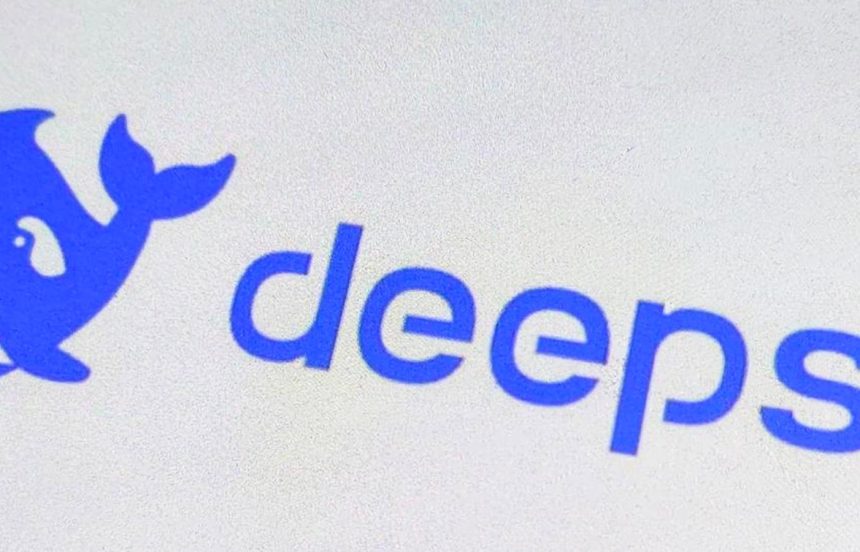The emergence of the Chinese-developed AI application, DeepSeek, has ignited significant concerns regarding data privacy and security, surpassing even the controversies surrounding TikTok. Unlike TikTok, which consistently denied accusations of data harvesting, DeepSeek openly admits to collecting and storing user data on servers located in China. This revelation has sparked alarm, particularly given China’s national security laws that compel companies to share data with government agencies. DeepSeek’s data collection practices are remarkably extensive, encompassing not just user-provided information like text inputs and uploaded files, but also automatically collected data such as IP addresses, device identifiers, keystroke patterns, and even system language. This comprehensive data collection raises serious questions about potential misuse and exploitation, especially given the power of AI to analyze and utilize such detailed personal information.
The implications of DeepSeek’s data collection practices are far-reaching. The sheer volume and granularity of data collected, combined with its transfer to servers in China, create a potential treasure trove of information for the Chinese government. This information could be used for various purposes, from surveillance and profiling to influencing public opinion and even developing targeted cyberattacks. The fact that DeepSeek explicitly states it collects data like keystroke patterns raises further concerns, as this type of information could be used to reconstruct passwords and other sensitive data. This significantly amplifies the risk of identity theft and other forms of cybercrime. Moreover, the lack of transparency regarding DeepSeek’s adherence to Chinese national security laws adds another layer of uncertainty and concern.
Further complicating the issue is DeepSeek’s rapid rise to prominence in the AI market. Developed with a fraction of the hardware resources typically required for training sophisticated AI models, DeepSeek has seemingly outperformed established platforms like ChatGPT, challenging the dominance of U.S. companies in the AI sector. This unexpected success, coupled with the app’s low cost and innovative approach, has fueled its rapid adoption, despite the inherent privacy risks. The fact that DeepSeek has managed to achieve such significant results with limited resources raises questions about the level of support it may have received from the Chinese government, given the close ties between the state and the tech sector in China. This potential link to the Chinese government underscores the strategic implications of DeepSeek’s success and amplifies concerns about its data collection practices.
The situation presents a stark contrast to the TikTok controversy. While concerns about TikTok focused on potential data sharing with the Chinese government, DeepSeek openly acknowledges its data collection practices, explicitly stating that user data is stored on servers in China. This transparency, albeit alarming, underscores a significant shift in the landscape of data privacy. It raises questions about the effectiveness of current regulations and the need for stronger safeguards to protect user data in the face of increasingly sophisticated and intrusive data collection practices. The relative silence from DeepSeek regarding its compliance with Chinese national security laws only exacerbates these concerns.
DeepSeek’s success also highlights the growing challenges of AI security in a world captivated by the latest technological advancements. Users often prioritize novelty and convenience over security and privacy considerations, readily embracing new platforms without fully understanding the potential risks. This tendency to prioritize the “newest and shiniest” creates an environment ripe for exploitation, as demonstrated by DeepSeek’s rapid adoption despite its openly stated data collection practices. This highlights a critical vulnerability in the current digital landscape, where user enthusiasm for new technologies often outpaces the implementation of robust security and privacy safeguards.
The emergence of DeepSeek necessitates a reassessment of current approaches to data privacy and security, particularly in the context of rapidly evolving AI technologies. The platform’s open admission of data collection, coupled with its rapid adoption, underscores the urgency of developing more effective mechanisms to protect user data. The situation calls for increased awareness among users about the potential risks associated with new technologies, as well as stronger regulatory frameworks to address the challenges posed by platforms like DeepSeek. The DeepSeek case serves as a stark reminder of the potential for data exploitation in the age of AI and emphasizes the need for proactive measures to safeguard user privacy and security. The apparent willingness of users to embrace new technologies without fully considering the privacy implications poses a significant challenge, emphasizing the need for greater education and awareness in this area. Furthermore, the potential strategic implications of DeepSeek’s success highlight the need for governments and regulatory bodies to adapt their strategies to address the evolving landscape of data security and international competition in the AI field.



